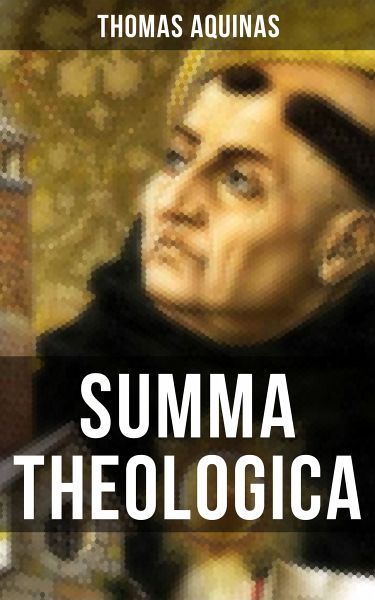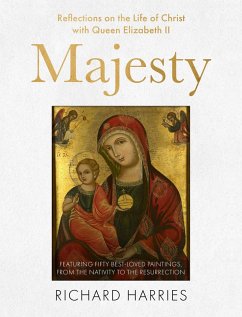
SUMMA THEOLOGICA (eBook, ePUB)
Including supplement, appendix, interactive links and annotations
Versandkostenfrei!
Sofort per Download lieferbar
1,99 €
inkl. MwSt.
Weitere Ausgaben:

PAYBACK Punkte
0 °P sammeln!
Thomas Aquinas's monumental work, the Summa Theologica, is a comprehensive overview of Christian theology and philosophy that combines the teachings of the Church Fathers with Aristotelian philosophy. Written in the 13th century, this work is structured as a series of questions and answers, covering various topics such as the existence of God, the nature of the soul, and the purpose of human life. Aquinas's writing style is systematic and logical, making complex theological concepts accessible to readers. The Summa Theologica is a prime example of Scholasticism, a medieval school of philosophy...
Thomas Aquinas's monumental work, the Summa Theologica, is a comprehensive overview of Christian theology and philosophy that combines the teachings of the Church Fathers with Aristotelian philosophy. Written in the 13th century, this work is structured as a series of questions and answers, covering various topics such as the existence of God, the nature of the soul, and the purpose of human life. Aquinas's writing style is systematic and logical, making complex theological concepts accessible to readers. The Summa Theologica is a prime example of Scholasticism, a medieval school of philosophy that sought to reconcile faith and reason. This work serves as a foundational text in the history of Western philosophy and theology. Thomas Aquinas, a Dominican friar and theologian, wrote the Summa Theologica as a guide for theological students and a defense of Christian doctrine. Drawing on his vast knowledge of classical and medieval philosophy, Aquinas presents a coherent and logical argument for the existence of God and the nature of the universe. His work continues to be studied and revered by theologians, philosophers, and scholars to this day. I highly recommend the Summa Theologica to anyone interested in delving deep into the philosophical and theological underpinnings of Christianity, as well as those seeking a better understanding of the medieval intellectual tradition.
Dieser Download kann aus rechtlichen Gründen nur mit Rechnungsadresse in A, B, BG, CY, CZ, D, DK, EW, E, FIN, F, GR, H, IRL, I, LT, L, LR, M, NL, PL, P, R, S, SLO, SK ausgeliefert werden.













